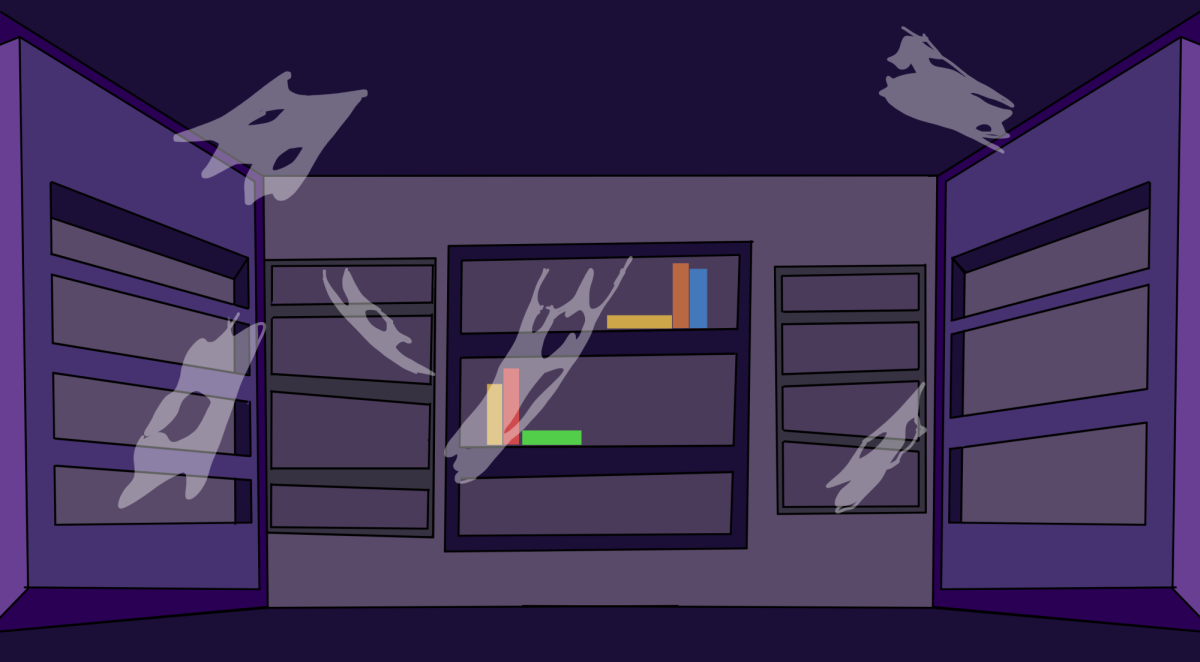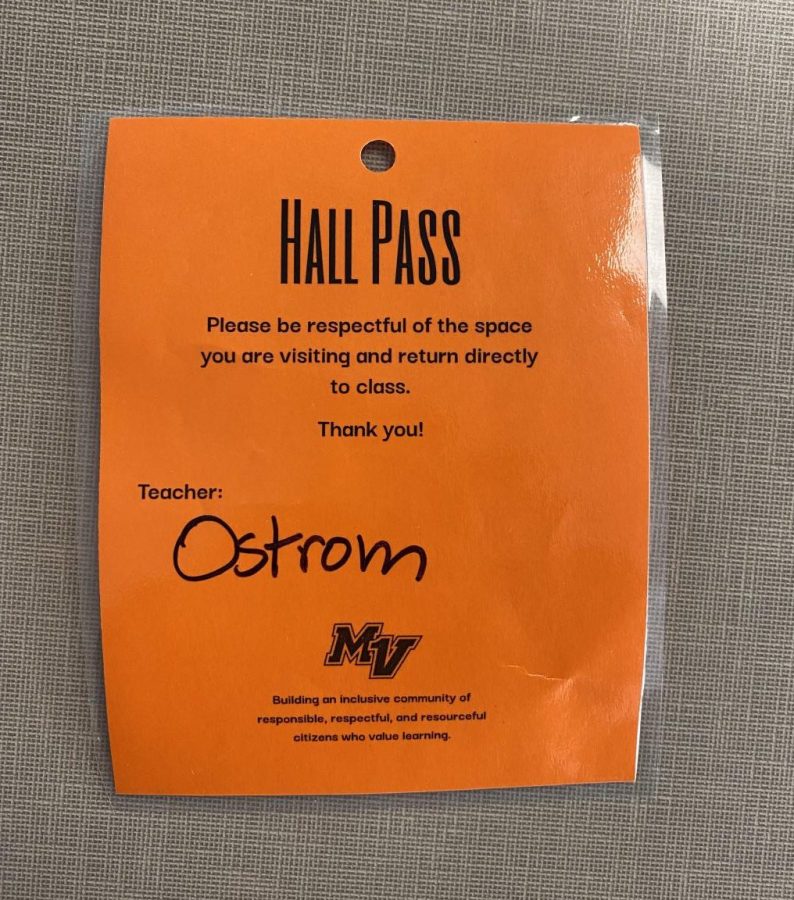A Dairy Queen only offers drive-through ordering. A Caribou Coffee location closes down. Students are left waiting for buses. The lines at grocery stores grow longer and longer. All across the U.S., many companies have witnessed a large number of workers suddenly quit their jobs. In fact, reasons ranging from government intervention to unemployment benefits caused the number of Americans who quit their jobs hit a record high of 4.3 million people in August 2021. This phenomenon has led to a nationwide worker shortage across many industries.
Due to the COVID-19 pandemic, many people were forced to stay at home. Subsequently, businesses lost customers and sales. This spawned an initial nationwide layoff of millions of workers, with the unemployment rate spiking at 14.7% in April 2020, causing many individuals and families to fall into a financial crisis. The government responded by enacting policies such as the Coronavirus Aid, Relief, and Economic Security (CARES) Act, which provided approximately $2.08 trillion in stimulus to spur economic recovery. According to USA Today, this has led people to become more selective in the jobs they hold.
Julie Coffey, Mounds View school district’s executive director of human resources, said that the circumstances regarding COVID-19 have significantly contributed to the shortage of workers nationwide. “There are concerns about COVID and working in-person which has caused people to rethink their employment and if they want to work and where they want to work,” Coffey said.
Moreover, the labor shortage has given workers more leverage in choosing jobs with higher wages and benefits. “I quit my job at Kohl’s because of the pay compared to other places like Target. I think other people would as well,” said Griffin O’Connor, 12. However, even in the higher paying jobs at Target, O’Connor found that there is still an insufficient number of staff, and check-out stations are often closed.
The high unemployment rate has ramifications on many industries already devastated by the COVID-19 pandemic, like the education sector. Mounds View has witnessed a shortage of teachers, substitute teachers, bus drivers, janitors and other staff. Late school buses only come every other day rather than daily, and teachers are using their prep time to substitute for other classes. “We’ve had quite a bit of turnover and when there are job openings they’ve been hard to fill,” Coffey said. “We don’t see the number of applicants that we are used to seeing.”
Mounds View staff are not the only ones stretched thin at their paid jobs and working longer hours. “Everyone is working as much as they can, even with their busy schedules,” said James Grace, 12, who noticed that his Target job became busier as the number of workers decreased. The remaining employees have no choice but to cover for their absent colleagues.
The shortage of workers is only one way the pandemic has negatively affected the economy. Multiple industries have all suffered as a result, and the consequences reach as far as the Mounds View community.















![[DEBATES] Prestigious colleges: value or hype?](https://www.mvviewer.org/wp-content/uploads/2024/12/buildings-1200x654.png)



































![[OPINION] The dark origins of TikTok's looksmaxxing trend](https://www.mvviewer.org/wp-content/uploads/2024/02/Copy-of-Copy-of-Untitled-Design-1200x675.png)









